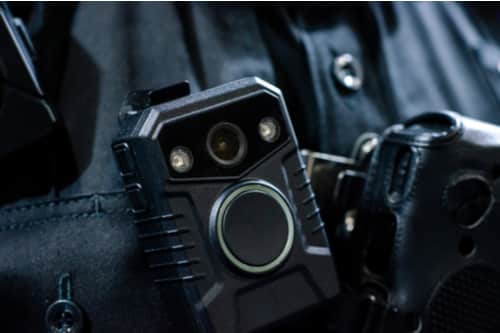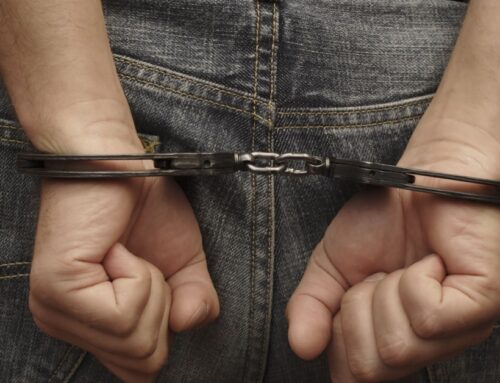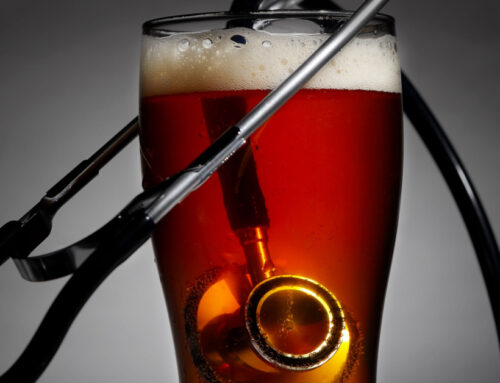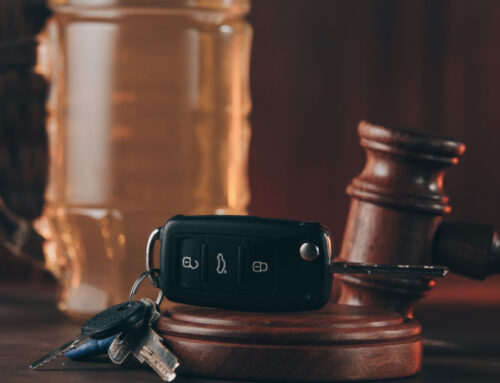Nearly all law enforcement agencies in Arizona now use body-worn cameras to capture the events that occur during traffic stops and other interactions between officers and citizens. While body camera footage can either protect or condemn an officer who is accused of police misconduct, it can also play a key role in a DUI case following a recorded arrest.
Since the use of body-worn cameras in Arizona is still relatively new, the law around body camera footage is still developing. But, general legal principles apply, and, as we discuss below, cases involving dash camera footage can provide insight into how courts are likely to handle cases involving footage obtained from body-worn cameras. If you were arrested for DUI and your arrest was recorded on a body-worn camera, here is some important information for you to know:
Prosecutors Can Use Police Body Camera Footage as Evidence in a DUI Case
As a general rule, prosecutors in Arizona can use police body camera footage as evidence in a DUI case. There is nothing in the law that prevents prosecutors from using body camera footage, and, with today’s cameras, this footage can provide a clear depiction of what happened before, during, and after a DUI arrest.
DUI Defendants Can Also Use Police Body Camera Footage as Evidence
Since prosecutors can use body-worn camera footage as evidence, so can DUI defendants. Your Phoenix DUI defense attorney will request it and review it to determine if it can be used to your advantage. However, as we discuss below, even if you think the footage will prove your innocence, you should not get your hopes up just yet. In some cases, it might not be entirely clear what the footage shows.
Is Police Body Camera Footage Helpful or Harmful in a DUI Case?
If your DUI arrest was recorded on a body camera, is this good or bad? As is often the case, the answer is, “It depends.”
In some cases, body camera footage will be the proverbial nail in the coffin. It will erase any questions about the arresting officer’s interpretation of the defendant’s performance on the field sobriety tests, and it will show that the defendant was clearly inebriated upon exiting his or her vehicle. If the arresting officer’s body camera footage leaves no doubt that you were driving drunk, then it could severely limit the options you have available.
But, body-worn camera footage can also be helpful to the defense in some cases. For example, an arresting officer’s body camera footage could support a defendant’s case if:
- The footage shows that the defendant was able to speak coherently and did not show any visible signs of impairment;
- The footage is inconsistent with the arresting officer’s testimony regarding the defendant’s performance on the field sobriety tests; or,
- The footage recorded the officer making racial or other inappropriate comments which suggest that the officer lacked reasonable suspicion or probable cause.
There are other possibilities as well. If you have any reason to think that the arresting officer’s body camera footage could aid in your defense, this is something you should discuss with your Phoenix DUI defense attorney during your free initial consultation.
What if the Prosecution Tries to Suppress the Body Camera Footage from Your Arrest?
Given that body camera footage can favor defendants in some cases, prosecutors will sometimes seek to keep this footage out of evidence. If this happens, your attorney can fight to make sure the evidence sees the light of day.
In a case decided in 2020, the Arizona Court of Appeals ruled in favor of a defendant who fought the prosecution’s attempt to suppress dash-camera footage of his traffic stop. The prosecution sought to rely solely on the arresting officer’s testimony, and it argued that the footage did not accurately depict the arresting officer’s vantage point because of the angle at which it was shot (the issue was whether the defendant stopped after a stop sign, thus giving the officer reasonable suspicion to conduct a traffic stop). However, the footage clearly showed that the defendant stopped before the stop sign, and, based on this fact, the Court of Appeals ruled that the arresting officer’s decision to stop the defendant was “objectively unreasonable.”
While this was a dash camera case, the legal principles underlying the Court of Appeals’ decision would likely apply equally in a case involving body-worn camera footage.
Body Camera Footage Is Not Necessarily Conclusive
While body-worn camera footage can serve as strong evidence in a DUI case, the footage won’t necessarily be conclusive in all cases. For example, body camera footage might not accurately depict the slope of a road (which might cause a driver to lose his or her balance during a field sobriety test), or road noise might muffle the conversation between the officer and the driver.
With this in mind, even if you have concerns about what the footage might show, you should not automatically assume that the footage will serve the prosecution’s cause. You should hire a Phoenix DUI defense attorney, and you should make informed decisions based on what the footage actually shows. While the footage might be a problem for you, it also might not.
Finally, even if the footage isn’t good, this still doesn’t necessarily mean that it is time to start thinking about a plea deal. If the arresting officer pulled you over without reasonable suspicion, then all of the prosecution’s evidence—body camera footage included—may be inadmissible in court.
Schedule a Free Consultation with a Phoenix DUI Defense Attorney
If you are facing a DUI charge and your arrest was recorded on a body-worn camera, you should discuss your case with a Phoenix DUI attorney promptly. To schedule a free and confidential consultation at The Weingart Firm, call 480-405-7922 or tell us how we can contact you online now.






